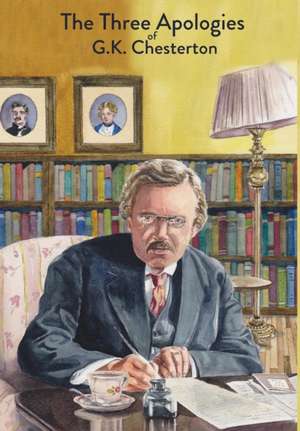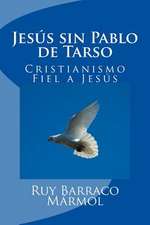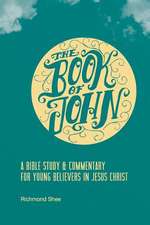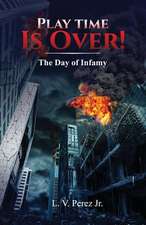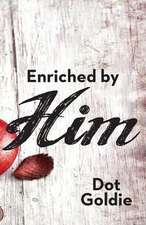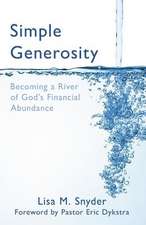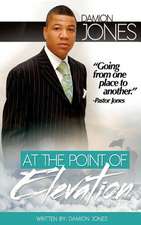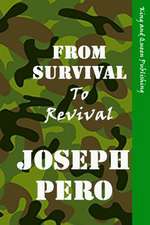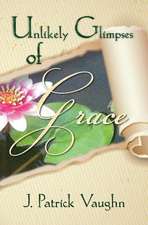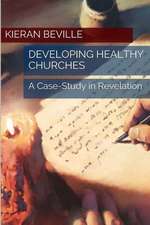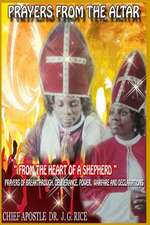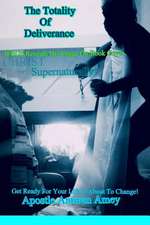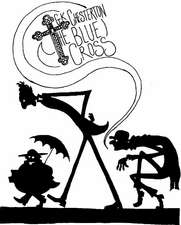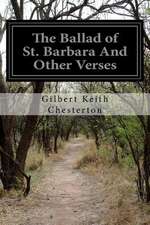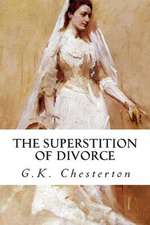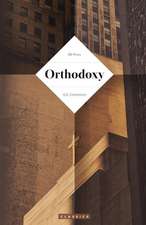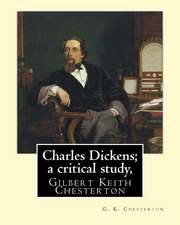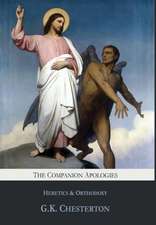The Three Apologies of G.K. Chesterton
Autor G. K. Chestertonen Limba Engleză Hardback – 30 mar 2018
| Toate formatele și edițiile | Preț | Express |
|---|---|---|
| Paperback (1) | 146.34 lei 3-5 săpt. | |
| Mockingbird Press – 3 apr 2018 | 146.34 lei 3-5 săpt. | |
| Hardback (1) | 209.24 lei 6-8 săpt. | |
| Mockingbird Press – 30 mar 2018 | 209.24 lei 6-8 săpt. |
Preț: 209.24 lei
Nou
Puncte Express: 314
Preț estimativ în valută:
40.04€ • 41.91$ • 33.13£
40.04€ • 41.91$ • 33.13£
Carte tipărită la comandă
Livrare economică 05-19 aprilie
Preluare comenzi: 021 569.72.76
Specificații
ISBN-13: 9781946774316
ISBN-10: 1946774316
Pagini: 412
Dimensiuni: 157 x 235 x 27 mm
Greutate: 0.76 kg
Editura: Mockingbird Press
ISBN-10: 1946774316
Pagini: 412
Dimensiuni: 157 x 235 x 27 mm
Greutate: 0.76 kg
Editura: Mockingbird Press
Notă biografică
Gilbert Keith Chesterton was born in London, England on the 29th of May, 1874. Though he considered himself a mere "rollicking journalist," he was actually a prolific and gifted writer in virtually every area of literature. A man of strong opinions and enormously talented at defending them, his exuberant personality nevertheless allowed him to maintain warm friendships with people-such as George Bernard Shaw and H. G. Wells-with whom he vehemently disagreed. Chesterton had no difficulty standing up for what he believed. He was one of the few journalists to oppose the Boer War. His 1922 "Eugenics and Other Evils" attacked what was at that time the most progressive of all ideas, the idea that the human race could and should breed a superior version of itself. In the Nazi experience, history demonstrated the wisdom of his once "reactionary" views.
His poetry runs the gamut from the comic 1908 "On Running After One's Hat" to dark and serious ballads. During the dark days of 1940, when Britain stood virtually alone against the armed might of Nazi Germany, these lines from his 1911 Ballad of the White Horse were often quoted:
I tell you naught for your comfort, Yea, naught for your desire, Save that the sky grows darker yet And the sea rises higher.
Though not written for a scholarly audience, his biographies of authors and historical figures like Charles Dickens and St. Francis of Assisi often contain brilliant insights into their subjects. His Father Brown mystery stories, written between 1911 and 1936, are still being read and adapted for television.
Heretics belongs to yet another area of literature at which Chesterton excelled. A fun-loving and gregarious man, he was nevertheless troubled in his adolescence by thoughts of suicide. In Christianity he found the answers to the dilemmas and paradoxes he saw in life. Other books in that same series include his 1908 Orthodoxy (written in response to attacks on this book) and his 1925 The Everlasting Man. Orthodoxy is also available as electronic text.
Chesterton died on the 14th of June, 1936 in Beaconsfield, Buckinghamshire, England. During his life he published 69 books and at least another ten based on his writings have been published after his death. Many of those books are still in print. Ignatius Press is systematically publishing his collected writings.
His poetry runs the gamut from the comic 1908 "On Running After One's Hat" to dark and serious ballads. During the dark days of 1940, when Britain stood virtually alone against the armed might of Nazi Germany, these lines from his 1911 Ballad of the White Horse were often quoted:
I tell you naught for your comfort, Yea, naught for your desire, Save that the sky grows darker yet And the sea rises higher.
Though not written for a scholarly audience, his biographies of authors and historical figures like Charles Dickens and St. Francis of Assisi often contain brilliant insights into their subjects. His Father Brown mystery stories, written between 1911 and 1936, are still being read and adapted for television.
Heretics belongs to yet another area of literature at which Chesterton excelled. A fun-loving and gregarious man, he was nevertheless troubled in his adolescence by thoughts of suicide. In Christianity he found the answers to the dilemmas and paradoxes he saw in life. Other books in that same series include his 1908 Orthodoxy (written in response to attacks on this book) and his 1925 The Everlasting Man. Orthodoxy is also available as electronic text.
Chesterton died on the 14th of June, 1936 in Beaconsfield, Buckinghamshire, England. During his life he published 69 books and at least another ten based on his writings have been published after his death. Many of those books are still in print. Ignatius Press is systematically publishing his collected writings.
